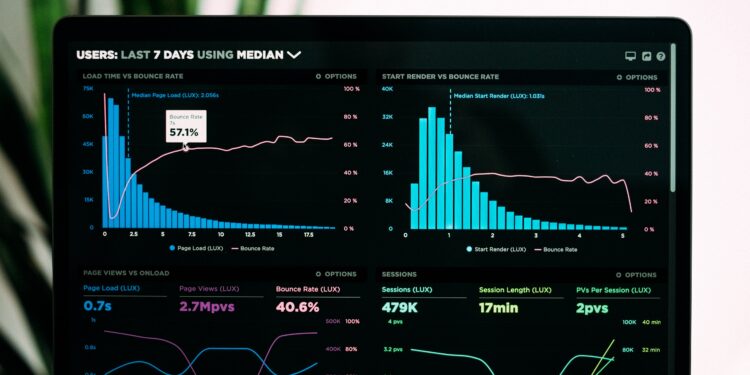Observational studies play a crucial role in the field of research, providing researchers with the opportunity to collect data and establish correlations between variables in a real-life setting. They offer a glimpse into the natural behaviors and interactions of individuals or groups, offering valuable insights that can inform future decisions and interventions. However, it is important to acknowledge that such studies are not infallible and possess inherent limitations and vulnerabilities that should be taken into account.
One common manipulation technique that can be applied to observational studies involves altering the time horizon of the gathered data. This means that researchers may selectively choose to include or exclude specific time periods that are most favorable to their desired results. By doing so, they can potentially create a biased representation of reality and distort the true relationships between variables.
Manipulating the time horizon of a study refers to selectively choosing the timeframe over which data is collected and analyzed. By doing so, researchers can cherry-pick data that supports their desired outcome or hypothesis, while ignoring or downplaying data that may contradict their findings. This can lead to biased results and a skewed interpretation of the data.
Imagine a study examining the impact of a new educational program on student achievement. If researchers selectively choose to include only the time period when students are most engaged and motivated, while excluding the times when their enthusiasm wanes, the results may falsely indicate a stronger positive correlation between the program and achievement. Such manipulation of the time horizon compromises the integrity and reliability of the study findings, rendering them less accurate and potentially misleading.
Knowingly altering the time horizon of observational studies is a grave transgression, not only from an ethical standpoint but also because it severely compromises the credibility of research within the scientific community. In order to maintain integrity and foster trust, it is vital for researchers to strictly adhere to transparent and rigorous methodologies. This involves collecting data over a sufficiently long duration, without omitting any inconvenient or contradictory periods. By doing so, researchers can guarantee the objectivity and validity of their study, thereby enabling more reliable and accurate conclusions and recommendations. The importance of upholding these standards cannot be overstated, as it not only ensures the credibility of the scientific community but also helps to advance knowledge and contribute to the betterment of society as a whole.
Another way in which the time horizon can be manipulated is by selectively choosing the start and end dates for data collection. For instance, if a study examines the impact of a new drug on patient outcomes, researchers may choose to start collecting data after the initial side effects of the drug have subsided, in order to paint a more positive picture of its efficacy. By omitting this crucial information, they manipulate the results to make the drug appear safer and more effective than it actually is.
In order to mitigate the potential manipulation of observational studies through the manipulation of the time horizon, it is important to conduct studies over longer periods of time and collect data consistently and comprehensively. Additionally, researchers should be transparent about their study methodology, including the time period selected for analysis, in order to increase the credibility and reliability of their findings.
Observational studies are a valuable research tool, but they are not immune to manipulation. In selectively choosing the timeframe over which data is collected and analyzed, researchers are able to manipulate the results to support their desired outcome. To minimize this manipulation, studies should be conducted over longer periods of time and data should be collected consistently and transparently. Only then can we trust the validity and reliability of the findings from observational studies.















